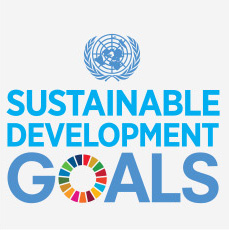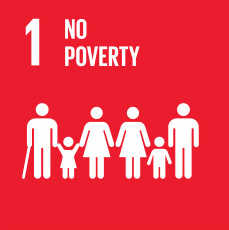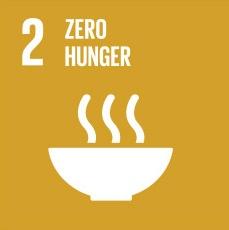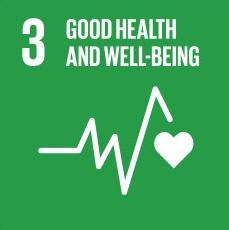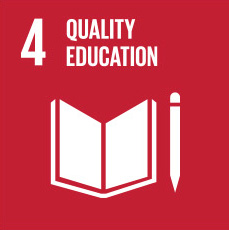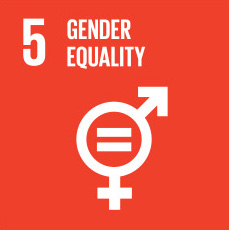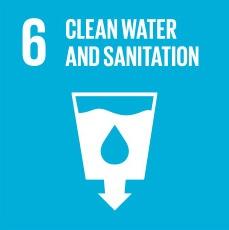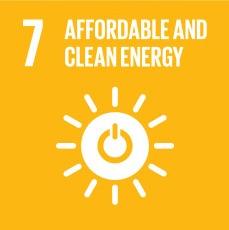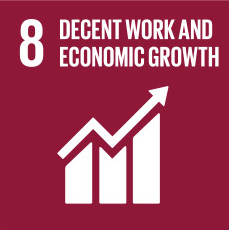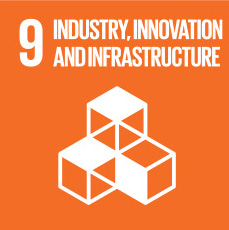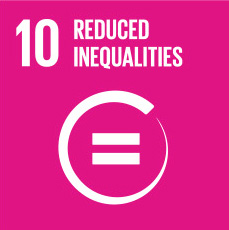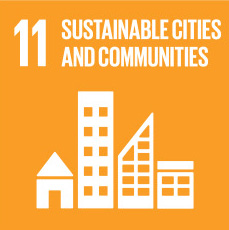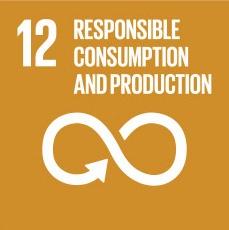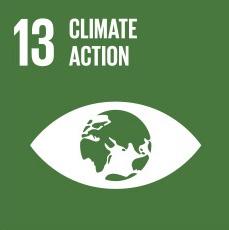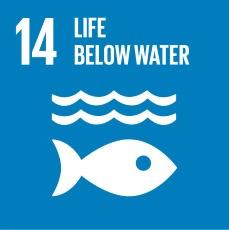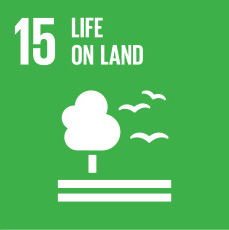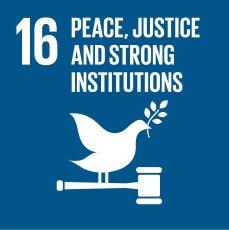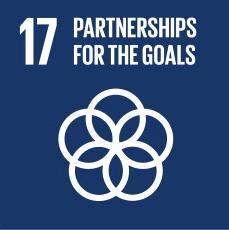Study Circle Program
The Study Circle method offers non-formal adult participatory education that emphasizes the development of dialogue between the participants of Study Circles and encourages them to discuss issues of socio-political relevance. Within the Study Circles, the motivations of groups of people sharing a common interest are to support the development of democratic participation, the involvement in the voluntary sector and the commitment of their community. The Study Circle method offers continuous dialogue between people that is essential for participatory democracy.
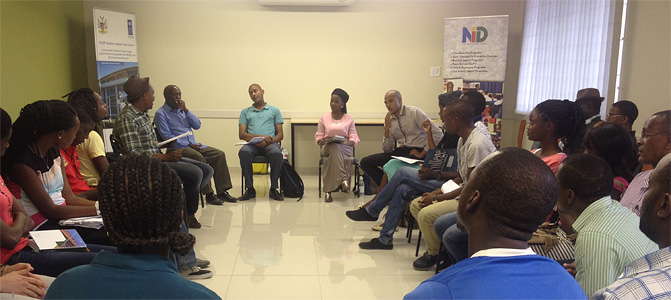 Study Circle Programme
Study Circle Programme
The Study Circle Programme has been conducted as part of both, the NID’s Civic Education Program (CEP) and the NID’s Civil Society Support Programme (CSSP). As part of the CEP’s personal contact programmes, the NID contributed to the strengthening of civic participation through Study Circles that compromise of people that share a common interest for a particular issue or have the same need to study the same subject. At the same time, the Study Circles have been conducted as part of the CSSP as they expand the existing strategic partnerships with other civil society organisations through building their civic skills and capacities to partake meaningfully in political processes in Namibia. Thus, the Study Circle Programme built on an existing collaborative network of partnerships between the NID and a number of Namibian civil society organisations who have already benefited from advocacy skills training and technical assistance training offered by the NID which they have already put to good use in providing policy-related input on issues that affect them.
The objectives of the overall project are:
- Participatory democracy in Namibia will be strengthened through continuous dialogue between people that discuss solutions and ask questions.
- Participants will learn how to be involved and take responsibility, participate and contribute ideas and to have the willingness and ability to influence.
- Positive development of the voluntary sector and people’s participation in civic life together with community groups and organisations will be supported.
- Community leaders and representatives of civil society organisations will strengthen their civic skills and capacities to partake meaningfully in political processes.
- The Programme offers possibilities for participants to acquire new skills and practice the art of debating.
- Study Circle leaders learn to emphasise the development of dialogue between the participants and to encourage the participants to discuss solutions and ask questions amongst each other.
A total of 11 Study Circles are currently being supported by the NID
(a) Topic: HIV/AIDS awareness campaigns in Namibia
- Study Circle leader: Ms. Naita Hishoono
- Participants: Maria Lopez, Tamara Zoe, Jeffrey Nakanuku, Nokokure Zaire, Naita Hishoono, Sylvia Sala.
- Description: This study circle deals with alternative methods of sexual education and awareness campaigns.
(b) Topic: Declining standards of education in Namibia
- Study Circle leader: Ms. Callista Ngqula Gebhardt
- Participants: Callista Ngqula Gebhardt, Erica Gebhardt, Ina Maria Shikongo, Nadine, Tim Hübschle, Aughetto Graig, Malika, Tommy Beyer, Casper Erichsen.
- Description: The group consists of teachers, students and parents.
(c) Topic: Sexual and reproductive health in Namibia
- Study Circle leader: Mr. Enga Kameni
- Participants: Enga Kameni, Penny Tutaleni, Sammie Maithe, Theresia Kaulinge, Margaret Shindi, Aletha Kaposamba, Sitembile Madouko, Maria Shilongo, Selma Haufiku, Anna Kauve, John Kanguatjivi, James Nakatana.
- Description: The aim is to address human rights with specific focus on sexual reproductive rights of women.
(d) Topic: Expressing Etosha
- Study Circle leader: Ms. Imke Rust and Mr. Papa Shikongeni
- Participants: Imke Rust, Hercules Viljoen, Jo Rogge, Shiya Kharuseb, Jost Kristen, Wiebke Volkmann, Helena Iitembu, Kleopas Nghikefelwa, Lionel Pietersen.
- Description: The aim is to gain more knowledge and a better understanding of the issues surrounding land art, installation art, public art and the background of the Etosha National Park.
(e) Topic: Astrology
- Study Circle leader: Ms. Imke Rust
- Participants: Imke Rust, Anke Rusch, Rene Rusch, Hella Eichhoff, Bärbel Rix, Christine Zeitler.
- Description: The aim of the study circle is to gain more knowledge about astrology in general, practice how to read and to interpret charts and share experiences and insights into astrology.
(f) Topic: Alcohol abuse in Namibia/ Responsible drinking
- Study Circle leader: Pastor Teofilus Nelumbu
- Participants: Hileni Kapiye, Lydia Nghidingwa, Simon Sakaria, Pali Mwanshimwe, Protahus Antonius, Leefa Mwanshimwe, Noshali Nelumbu, Justine Jonathan, Ndeshi Toivo, Martin Shikongo, Theodor Ndakalako.
- Description: The aim is to teach people to drink alcohol responsibly and to give alternatives to alcohol abuse. To promote the message of responsible drinking, the Study Circle wants to visit the Ongwediwa Trade Fair in August 2007. To raise funds for their trip to Northern Namibia, the group organised a car wash.
(g) Topic: Prostitution in Namibia
- Study Circle leader: Pastor Teofilus Nelumbu
- Participants: Teofilus Nelumbu, Asser Manya, Sara Nghishidimbwa, Tekla Angula, Nathaneal Samuel, Pali Munashimwe, Simon Sakaria, Ndahekelekwa, Susanna, Mutaleni Kamanja.
- Description: The Study Circle invited Mr. Beukes of the Council of Churches in Namibia (CCN) and Mrs. Merab Kiremire, a researcher on the subject, as subject matter specialists.
(h) Topic: Gender-based violence in Namibia
- Study Circle leader: Mrs. Naomi Kisting
- Participants: Naomi Kisting, Petrus Hanze, Legio Skrywer, Abed Ganuseb, Elizabeth Goses, Anna-Maria Links, Martha Haragaes, Desmond Hanse, Oupa Jesaja Eiseb, Godfried Job, Josef Kgaringombe.
- Description: The participants of this group are predominantly male. Unfortunately, one of the participants committed suicide on the morning of the envisaged third meeting and the group decided not to meet again thereafter.
(i) Topic: Unemployment in Namibia
- Study Circle leader: Ms. Justina Shivolo
- Participants: Justine Shivolo, Aquilla Tjizoo, Theopoldin Kazondunge, Immanuel Hatutale, Aune Iiyambo, Eddy Ngaringombe, Nathius Kaatura, MacDonald Handura, Daniel Capessa, Allan Aoko, Salomon Kwedhi, Hastings Ntesa.
- Description: The group envisages to conduct a comparative survey in the Khomas Region and the Erongo Region to establish unemployment and migration rates. They also want to find out what kind of training people need to successfully enter the job market.
(j) Topic: Gender issues and HIV/AIDS in Namibia
- Study Circle leader: Mr. Brian Prince
- Participants: David Atona, Zukie Mekite, Tolaohole Mwandingi, Ombili Mbandeka, Valentina Siyemo, Brian Prince, Reinhold Iinane.
- Description: Brian Prince is the Desk Officer at the National Youth Council of Namibia (NYC). The Namibian youth is predominately affected by the HIV/AIDS pandemic.
(k) Topic: Restoration of moral values in Namibia
- Study Circle leader: Reverend Philip Strydom.
- Participants: Philip Strydom, Nola Strydom, Mirinda Bailey, Francois Adonis, Michelle Husselmann, Ernst Husselmann.
- Description: The leader of this Study Circle is the General Secretary of the Council of Churches in Namibia (CCN) and instrumental in the fight against poverty and one of the most outspoken advocates for the Basic Income Grant (BIG) for all Namibians.
Study Circles are market by good gender balance:
- 52 percent of participants in the Study Circles were female.
- 55 percent of Study Circle leaders were female.
The Study Circles do not produce their own study material but provide reports of their meetings to the NID. These reports are used to compile study material and, moreover, to strengthen interaction between civil society activists and Government institutions. In order to encourage and stimulate the participants of Study Circles, more subject matter specialists will be invited as external facilitators.
